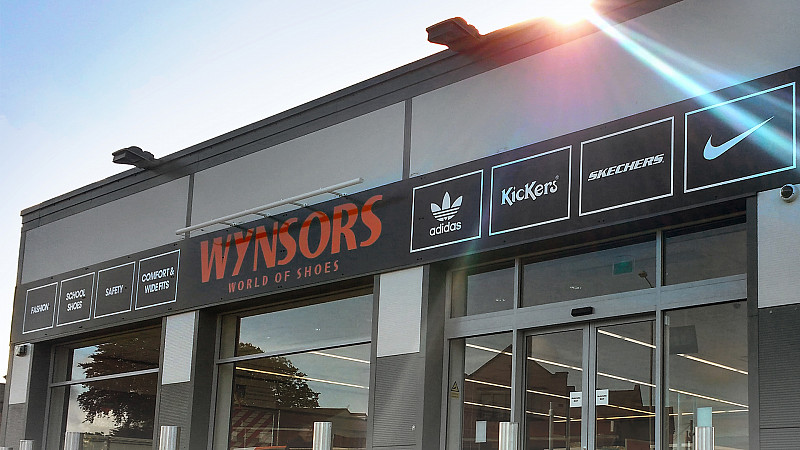
We are consulting on the launch of a market investigation into Apple and Google’s market power in mobile browsers and Apple’s restrictions on cloud gaming through its App Store. In parallel, we are also taking enforcement action against Google in relation to its app store payment practices.
This follows a year-long study of the companies’ mobile ecosystems, the final report of which has been published today. Our study found that Apple and Google have an effective duopoly on mobile ecosystems that allows them to exercise a stranglehold over these markets, which include operating systems, app stores and web browsers on mobile devices.
Without interventions, both companies are likely to maintain, and even strengthen, their grip over the sector, further restricting competition and limiting incentives for innovators.
While our report identified a range of potential interventions across these ecosystems, we have looked at where we can take immediate targeted action to tackle these problems using our current powers. As a result, we are now consulting on making a market investigation reference into mobile browsers and access to cloud gaming on mobile devices.
Mobile browsers
Browsers are powered by an ‘engine,’ which is fundamental to browser performance. 97% of all mobile web browsing in the UK in 2021 happens on browsers powered by either Apple’s or Google’s browser engine. Apple bans alternatives to its own browser engine on its mobile devices; a restriction that is unique to Apple. The CMA is concerned this severely limits the potential for rival browsers to differentiate themselves from Safari (for example, on features such as speed and functionality) and limits Apple’s incentives to invest in its browser engine.
This restriction also seriously inhibits the capability of web apps – apps that run on a browser rather than having to be individually downloaded – depriving consumers and businesses of the full benefits of this innovative technology. Mobile devices also typically have either Google’s Chrome or Apple’s Safari pre-installed and set as default at purchase, giving them a key advantage over other rival browsers. Apple and Google both have strong positions in mobile web browsing, with a combined share of supply of around 90% for their browsers.
Cloud gaming
Apple has also blocked the emergence of cloud gaming services on its App Store. Like web apps, cloud gaming services are a developing innovation, providing mobile access to high-quality games that can be streamed rather than individually downloaded. Gaming apps are a key source of revenue for Apple and cloud gaming could pose a real threat to Apple’s strong position in app distribution. By preventing this sector from growing, Apple risks causing mobile users to miss out on the full benefits of cloud gaming.
During our CMA market study, we heard concerns from a number of UK businesses and start-ups who said that the restrictions in relation to mobile browsers and cloud gaming make it harder to innovate and compete in these markets.
The proposed market investigation will further assess the competition concerns identified to date in both areas and decide what, if any, action is appropriate. This could include making legally binding orders requiring changes to be made to Apple’s and Google’s practices.
Enforcement action
In parallel, at the CMA we are launching a competition law investigation into Google’s rules governing apps’ access to listing on its Play Store, in particular regarding conditions Google sets for how users can make in-app payments for certain digital products.
The consultation on the proposed market investigation reference will close on 22 July at 5pm.
For more information, visit the Mobile Ecosystems market study page and the Investigation into suspected anti-competitive conduct by Google case page.








